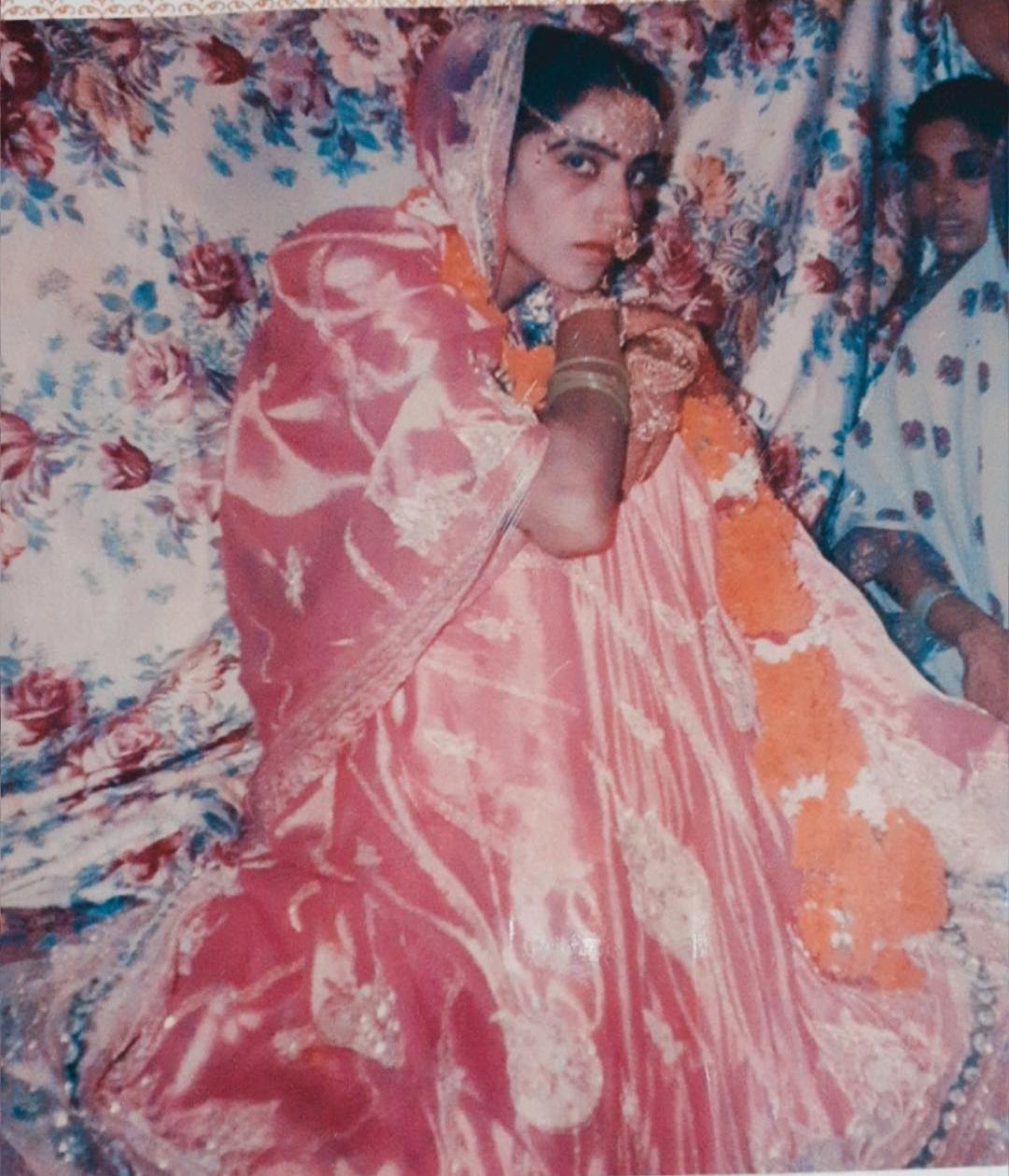Do Kavitaayen (Two Poems)

all that that won't make it to the museums
.
मम्मी का बैग और फोन
.
mummy aur vo sabh kuch jo mere saamne hai.
unka aur mera, hum dono ka jo saanjha hai.
jo sabh chuth raha hai.
jo har rozz dinn dhalne par khatam ho raha hai.
jissko mai samet raha hu, jo fisal raha hai.
samaaj aur hum. hum dono.
samaaj ke neeyam.
aur unke beech mai kahi hum.
iss beech, mai na mai hoon.
na vo, vo hai.
hum dono bas iss beech mai hum hai.
.
mai aur mummy.
ajeeeb hai.
vo sanskar mai uljhi hai h aur mai bhavnao mai.
.
ye vahi kahani hai. ye fir dohrani hai.
sanskar aur bhavnao ki uljhano ki kahani hai.
*This poem takes inspiration from Vishnu Prabhakar’s work ‘Sanskar Aur Bhavna’
mummy, agar tum na hoti…
mummy, agar tum na hoti,
toh baat sirf mere hone ki na hoti.
baat mere hoke bhi na hone ki hoti.
tumhe maine somyata aur karuna se
pare avsaad aur peeda mai
dekha hai, jana hai
tumne mujhe na dekha hai khair,
dekhogi toh jaanogi tumhare dukh aur peeda ne kis beej ko janma hai
vo beej, jo tumhari tamaam prernao se bhin hai.
jo tum mai se nikalke tum hi ko,
apne mai; aur apne ko tum mai khoj raha hai
mummy, jo beej hai ye tumhara
jo apni jade tumhare paatjhad mai
khojta hai,
jo tumhare sushk mausaam se
apne basant ko seechta hai.
khair, jo tum na hoti toh
dukh aur avsaad mere jeevan mai kam hota.
kam hota, kyuki mai tumsa bann
jane ki chaah mai har dam, iss jung
mai khud jeet kar tumhe na harata.
Poet’s note: The following poems have been an outcome of the poet’s reflection and engagement with their past, growing up as a queer individual during the COVID-19 induced lockdowns. The poet, much like other queer persons, has craved for the warmth and acceptance of their identity within their own household; especially from their mother. To further understand the same, readers can refer to this previously published essay by the poet “Mummy, I’m Queer”. Moreover, the works have been consciously transliterated to English as a marker of the sociocultural space that the poet is part of. An entire generation of Indians are growing up being bilingual in a rather unique manner thanks to the internet. This blend of languages is also a way to locate the poet’s own family’s intergenerational migration experience from rural to urban centers of living.
Image courtesy the poet.
Ishant Sharma (he/them) is currently pursuing a bachelors in law, with specialisation in constitutional law from Rajiv Gandhi National University of Law, Punjab. He has always been more interested in things other than law. Hopping around art exhibits and being in awe of built-up spaces is what he can be seen doing usually.
He heads the university's human rights centre (CASIHR) which organises art festivals to ensure that art is truly accessible to all. He is also the Editor-in Chief of the student-run Human Rights Blog of the Centre. More than often, he keeps poking his university with his emails about the student issues on campus. For the rest, one can check his instagram (liquidation.of.sense) to read most of their writings about Nehru and a world doomed to be hated by all.




